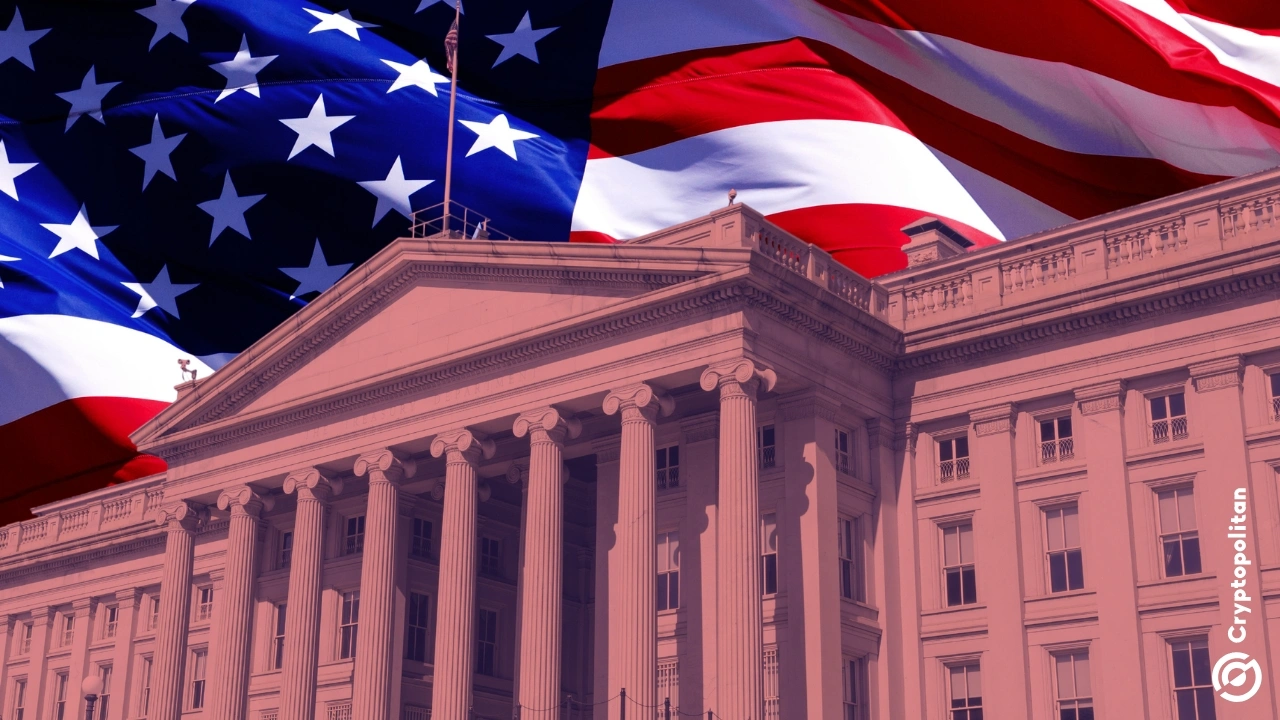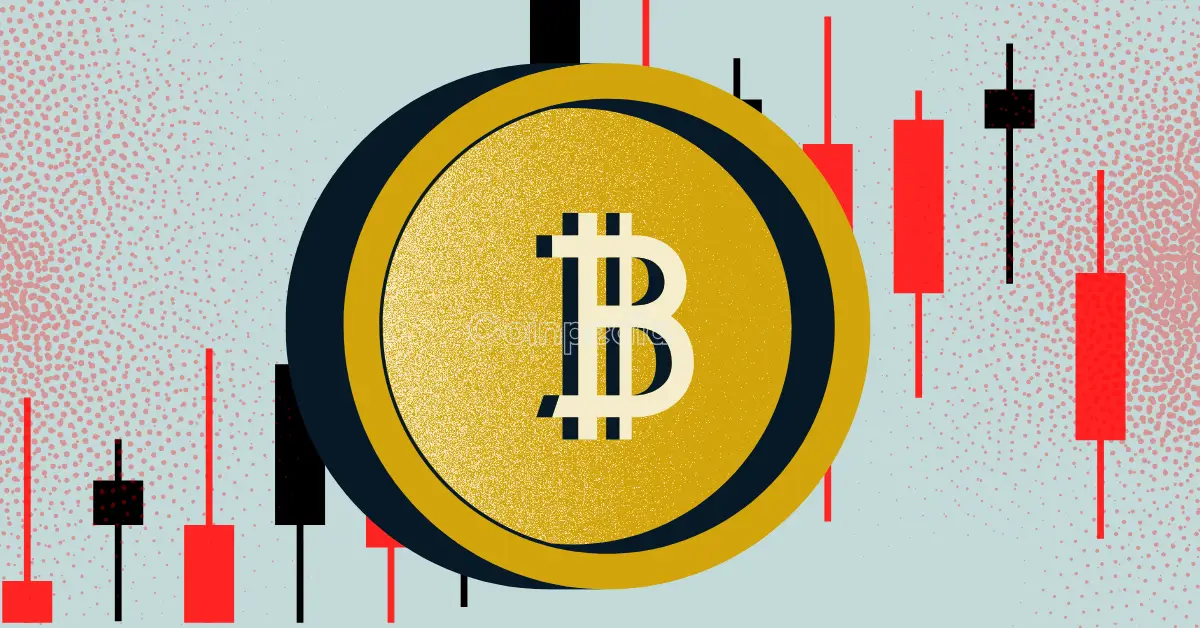The Government’s Digital Asset Disclosure: A New Era
In the ever-evolving world of technology, digital assets have emerged as a significant player in the financial sector. From cryptocurrencies like Bitcoin and Ethereum to non-fungible tokens (NFTs), these digital assets have piqued the interest of individuals and institutions alike. Amidst this growing trend, the upcoming government disclosure promises to shed light on what the government currently owns in digital assets and its plans for the future.
Current Holdings
The exact details of the government’s digital asset holdings remain unclear. However, it is known that several government agencies have been exploring the potential uses of digital assets. For instance, the Federal Reserve has been researching the implications of a central bank digital currency, while the Department of the Treasury has been looking into taxation policies for cryptocurrencies. It is also rumored that some government pension funds have invested in digital assets, although this has not been officially confirmed.
Future Plans
As for the government’s plans regarding digital assets, there are several possibilities. One scenario is increased regulation and oversight. Given the volatility and potential risks associated with digital assets, the government may look to establish clear guidelines and frameworks for their use. This could include stricter taxation policies, anti-money laundering regulations, and consumer protection measures.
Another possibility is increased adoption and integration of digital assets into government operations. This could include the use of blockchain technology for secure record-keeping, the issuance of central bank digital currencies, or the acceptance of digital assets as a form of payment for government services. Such moves could streamline processes, reduce costs, and enhance transparency.
Impact on Individuals
The government’s disclosure and plans regarding digital assets could have significant implications for individuals. For those who own digital assets, increased regulation could lead to greater stability and legitimacy, making it easier to buy, sell, and use these assets. On the other hand, stricter regulations could also result in higher costs and complexities, making it more difficult for some individuals to participate in the digital asset market.
Impact on the World
At a global level, the government’s disclosure and plans regarding digital assets could have far-reaching consequences. Greater regulation and oversight could help build trust and confidence in the digital asset market, making it more attractive to institutional investors and other large players. Conversely, heavy-handed regulation could stifle innovation and discourage investment, limiting the potential benefits of digital assets.
Conclusion
The upcoming government disclosure on digital assets marks an important moment in the evolution of this emerging sector. With the government set to reveal its current holdings and future plans, we can expect greater clarity and direction for the digital asset market. Whether this leads to increased adoption, stricter regulation, or a combination of both remains to be seen. One thing is certain, however: the digital asset landscape is poised for significant change, and individuals and institutions alike must stay informed and adapt to these developments.
- Government to disclose digital asset holdings and plans
- Possible increased regulation and oversight
- Potential for greater adoption and integration
- Impact on individuals and the world





